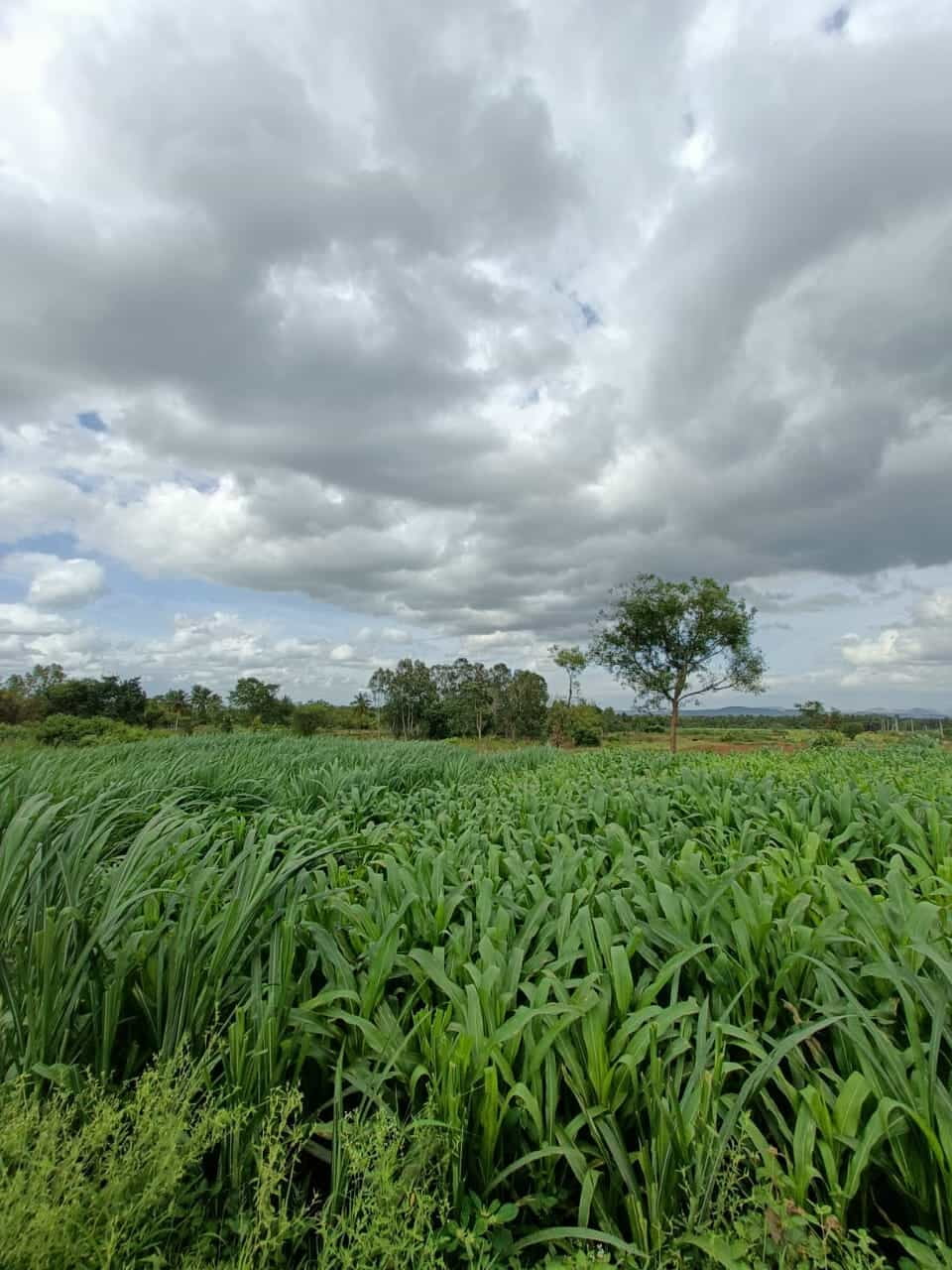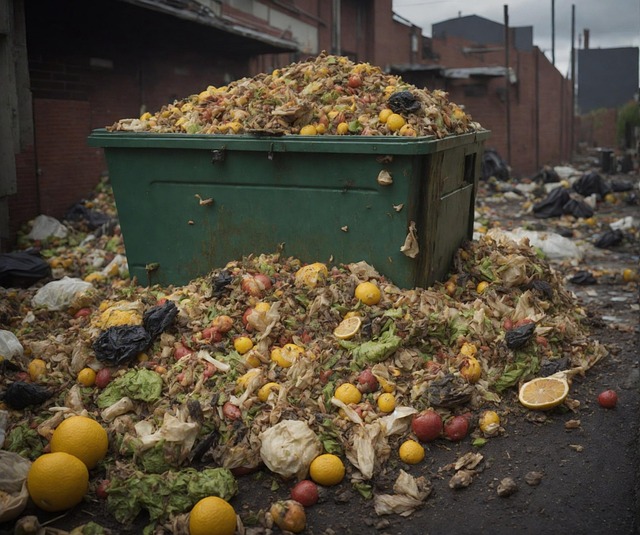What can you expect?
Apply your skills to some of the most pressing challenges affecting sustainability of food, be part of India's first innovation event for food and sustainability, interact with Indian and international experts in food, agriculture and sustainability, be recognised for your cool and creative solutions and have the opportunity totransform your ideas into a business venture in collaborationwithNSRCEL at IIMB
foodwize in collaboration with University of Gastronomic Sciences (UNISG), is hosting STHIRA, India's first 'Sustainable Food Innovation Challenge' for university students across India
foodwize in collaboration with University of Gastronomic Sciences (UNISG), is hosting STHIRA, India's first 'Sustainable Food Innovation Challenge' for university students across India

About the challenge
STHIRA 2025 India's pioneering Sustainable Food Innovation Challenge, is back with an expanded vision. Thorough this challenge we hope to discover new solutions to the most pressing challenges affecting the security and sustainability of food and food systems. To engage people with food in its totality and its relationship to several aspects of the earth's living systems. To inspire future food professionals and entrepreneurs by engaging them in a new, multi-disciplinary and thought provoking program. And incubate new food businesses built on contextual, impactful local solutions. This challenge is open to all University students in India. Click here to know more about how your innovative ideas and solutions will be evaluated.
Themes for the challenge
STHIRA 2025 has 6 themes to chose from. You can select any one theme to work on, based on your interest and passion. You will have the opportunity to attend learning sessions with experts on each theme. To explore these themes join our webinar series. Click here to register
If you have questions, please write to info@foodwize.in

1. Revive indigenous food ingredients
Reviving indigenous ingredients for a resilient food future
Indigenous ingredients are deeply tied to local ecologies, cultures, and histories, offering nutrition, biodiversity and climate resilience. However, they face displacement due to modern food systems. Revitalising these ingredients involves reconnecting communities with traditional crops, promoting sustainable farming and creating innovative culinary applications. By valuing indigenous ingredients, we can preserve food heritage while fostering ecological and cultural sustainability.

2. Localise food systems
Building local and inclusive food systems for all
Localising food systems ensures equitable access to land, seeds and markets while empowering small holder farmers, producers and consumers. It promotes transparency and supports diverse food cultures. By fostering local decision-making and community resilience, we can create food systems that prioritise ecological health, social justice and cultural integrity.

3. Reduce food waste
Redesigning food systems to eliminate waste and maximise value
Food waste exposes deep inefficiencies in production, distribution and consumption. While millions go hungry, vast amounts of food are discarded. Addressing this requires systemic change—minimising loss at every stage, reshaping consumer habits and promoting redistribution. By valuing food as a resource, we can transform waste into opportunity, fostering sustainability, equity and circular food systems.

4. Shape urban food futures
Resilient cities nourishing people through sustainable food systems
Urban food futures reimagine cities as hubs of food production, equity and innovation. By integrating rooftop farming, local markets and smart technologies, cities can reduce reliance on industrialised food systems. This theme explores ways to create self-sustaining urban food ecosystems that enhance food security, minimise waste and reconnect people with nourishing, ecologically responsible food sources.

5. Reimagining food systems through creative practice
Creative expressions reshaping food culture
Art has the power to reimagine food systems by bridging culture, ecology and innovation. Through storytelling, visual arts, performance and digital media, creative practice makes food issues accessible and transformative. This theme explores how artistic expression can revive traditions, spark dialogue, and inspire collective action to build regenerative, just and sustainable food systems.

6. Reclaiming human wisdom to food & health in the digital age
Restoring food intuition in the age of digital disruption
Technology shapes modern food choices, often disconnecting us from our natural instincts. This theme explores how digital systems influence eating habits, health and decision-making. By balancing innovation with embodied wisdom, we can reclaim intuitive relationships with nourishment - prioritising awareness, self-trust and cultural food traditions over algorithm-driven consumption patterns.
